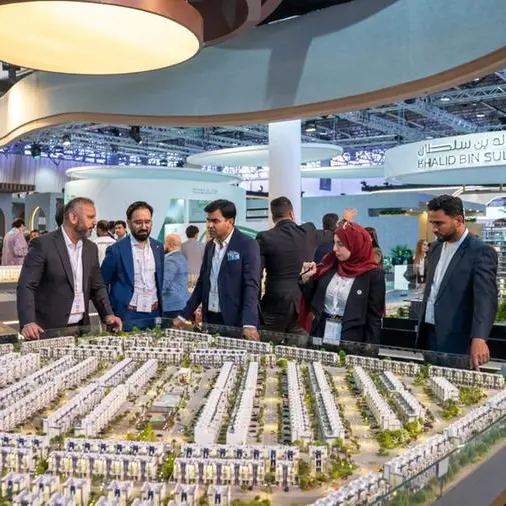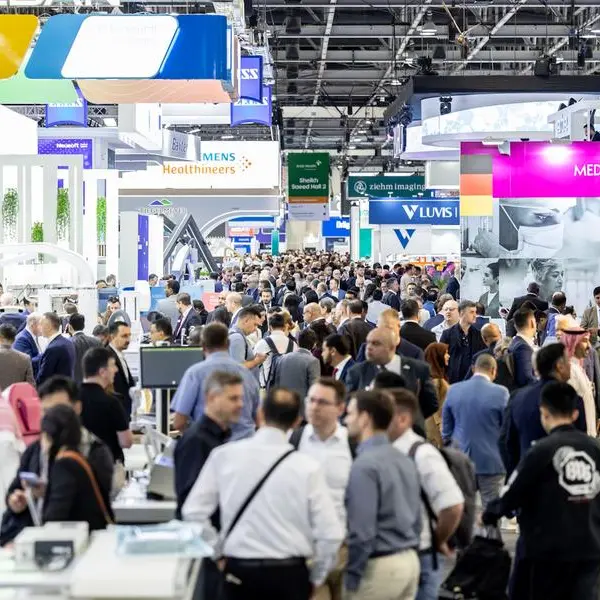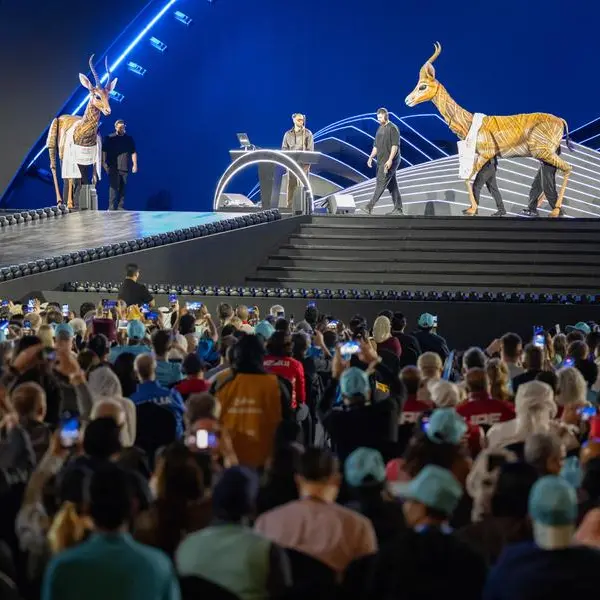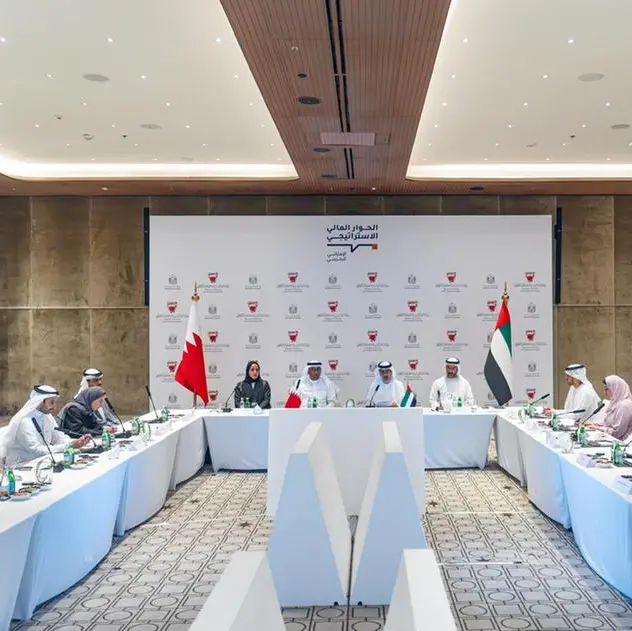- Applications – opening on 8 March and closing on 31 May 2023 - can be made through www.awlafellowships.org.
Dubai, UAE – During an online event dedicated to the International Women’s Day today, the International Center for Biosaline Agriculture (ICBA) announced the launch of the third edition of the Arab Women Leaders in Agriculture (AWLA) fellowship program for women scientists in the Middle East and North Africa (MENA) region.
AWLA aims to help early- and mid-career professionals in agriculture to secure leadership roles by encouraging gender-responsive working cultures and creating platforms to showcase their intellect, capability, and contribution. AWLA’s fellows will help establish a unique R&D forum for women scientists in the MENA region to address pressing agricultural challenges and take part in a regional networking platform for women researchers across agricultural disciplines.
H.E. Razan Khalifa Al Mubarak, UN Climate Change High-Level Champion for COP28 and Chairwoman of ICBA’s Board of Directors, said: “Women in agriculture have unique skills and knowledge that can support critical decision-making for impactful climate action, especially in rural areas where it is needed most. According to the World Food Program, women make up around 40% of the workforce in farming and agriculture globally, reaching up to 60% in developing countries. They also play the lead role in caring for the children and family – this puts them at the center of their communities and the natural world and gives them a rich understanding of the complex relationships between their own communities, nature, and climate. AWLA seeks to leverage this understanding and empower women in their efforts to help their communities thrive and become more sustainable. AWLA is a great example of what is possible when different partners join forces to address a big challenge, and deliver real impact on the ground.”
Dr. Tarifa Alzaabi, Director General of ICBA, said: “Women-led contributions to farming and agricultural science are essential components of food security. In the Middle East and North Africa, women make up over 40 percent of the labor force in agriculture. They also contribute around 18 percent to the region’s overall GDP. Through our program, we hope to encourage more women to play an active role in such areas as science and innovation for sustainable agricultural development and food security. This third edition builds on the success of the program in 2019-2020 and 2021-2022 which saw the graduation of 38 fellows from the region.”
The call for applications for the third edition of AWLA, funded by the Bill & Melinda Gates Foundation, will lead to the selection of a group of 20 fellows from the MENA region. The program will be delivered online over an eight-month period, starting from September 2023.
“Unlocking the full potential of women scientists across the Middle East and North Africa region is essential for tackling the urgent global challenges we collectively face,” said Mr. James Carty, Deputy Director for the Middle East & East Asia at the Bill & Melinda Gates Foundation. “We are pleased to welcome the third edition of this impactful fellowship program and continue leveraging the talents of Arab women. Together we can continue bridging the gender gap in agriculture and ensure more equitable outcomes for all.”
Empirical evidence indicates that a disproportionately low number of women work in senior research and leadership positions in the region. The average share of women researchers across the region stands at 17 percent - the lowest in the world. This gap is most visible in the staffing of agricultural research and extension organizations. This means that policy and investment measures in agriculture might not be as effective as they could be because they do not fully reflect gender perspectives.
ICBA developed AWLA in 2016 with support from the Bill & Melinda Gates Foundation and the Islamic Development Bank (IsDB). The program aims to contribute to the achievement of the UN Sustainable Development Goal (SDG) on gender equality and women’s empowerment by building and enhancing the capacities of a new generation of Arab women researchers and leaders. By doing so, AWLA aspires to have a positive impact on the SDGs on Climate Action; Life on Land; and Partnerships for the Goals.
Launched in 2019 by ICBA in partnership with the Bill & Melinda Gates Foundation, the IsDB and CGIAR Research Program on Wheat, the first edition of AWLA concluded in March 2020 and the second one in 2022. The first and second cohorts of fellows included 38 women scientists from seven countries: Algeria, Egypt, Jordan, Lebanon, Morocco, Tunisia, and the UAE.
About ICBA
The International Center for Biosaline Agriculture (ICBA) is a unique applied agricultural research center in the world with a focus on marginal areas where an estimated 1.7 billion people live. It identifies, tests and introduces resource-efficient, climate-smart crops and technologies that are best suited to different regions affected by salinity, water scarcity and drought. Through its work, ICBA helps to improve food security and livelihoods for some of the poorest rural communities around the world.



















